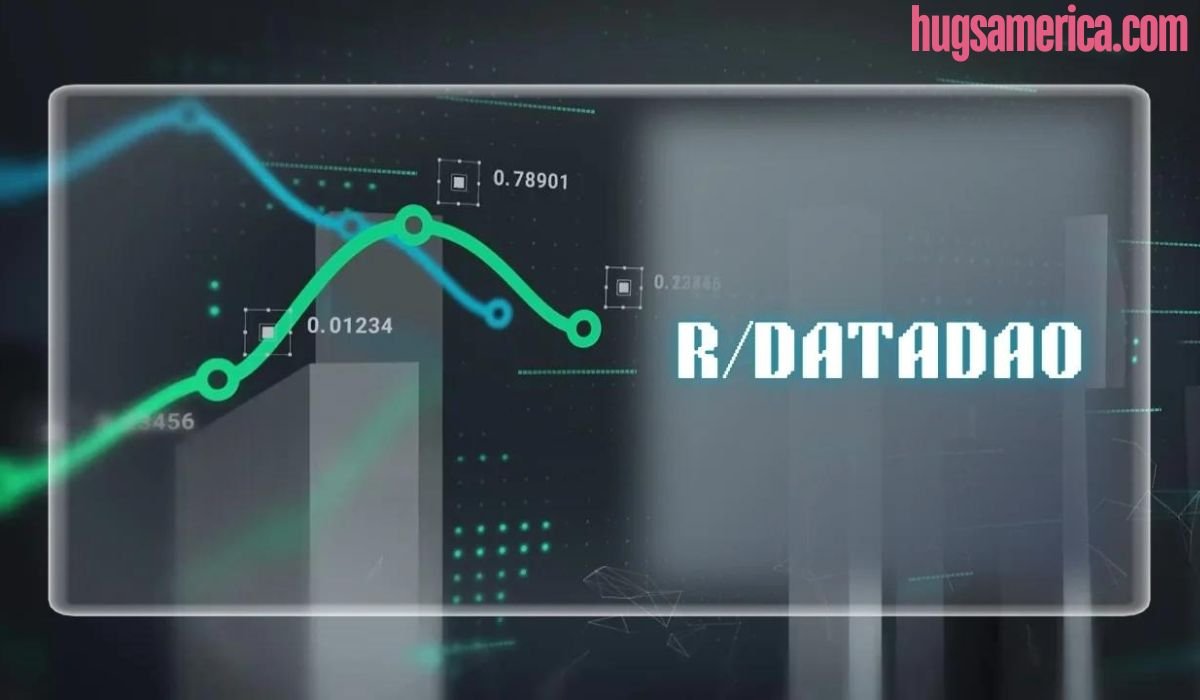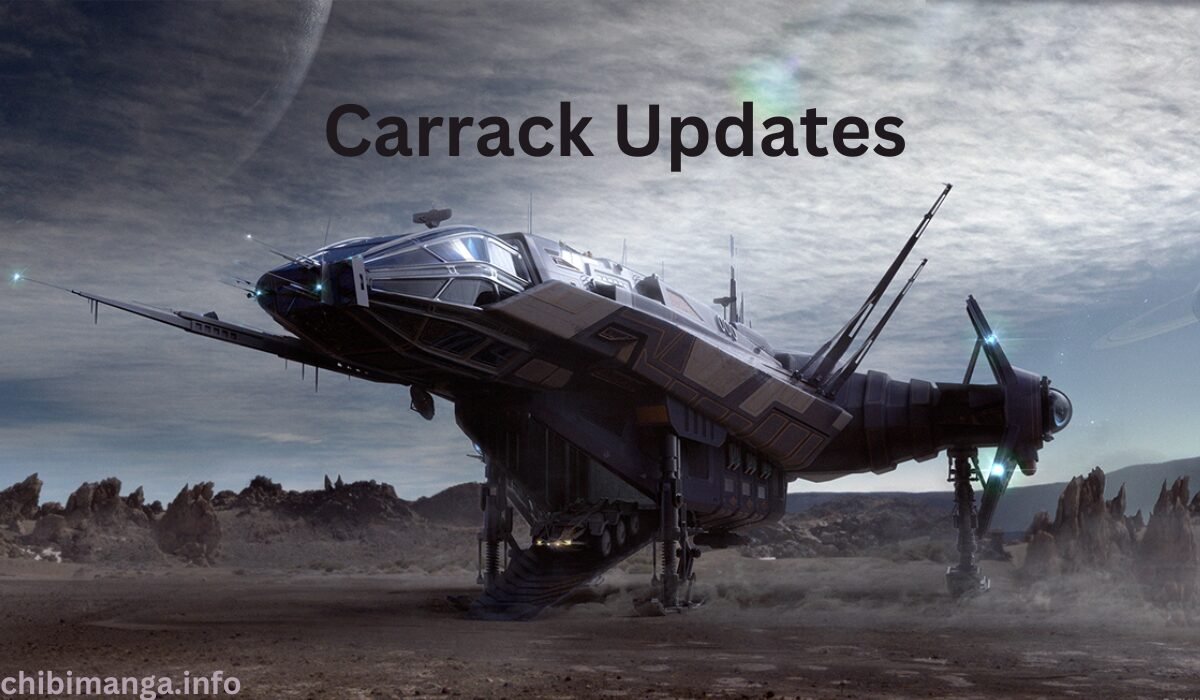Introduction to r/DataDAO
In the rapidly evolving world of blockchain and cryptocurrency, new concepts and innovations are constantly emerging. One such concept that has gained traction is the idea of a r/DataDAO. For those unfamiliar, DAOs (Decentralized Autonomous Organizations) are organizations governed by smart contracts and operated on blockchain technology, without centralized leadership. DataDAO takes this concept a step further by focusing on data as its primary asset.
This article will delve deep into the world of r/DataDAO, exploring its origins, functions, benefits, challenges, and future prospects. We aim to provide a clear, user-friendly explanation that is easy to understand, even for those new to the concept. Let’s embark on this informative journey to uncover everything there is to know about r/DataDAO.
Table of Contents
- What is r/DataDAO?
- Origins and Evolution of DataDAO
- How Does a DataDAO Work?
- Key Components of r/DataDAO
- Smart Contracts
- Governance Tokens
- Data Assets
- Benefits of r/DataDAO
- Decentralization
- Transparency
- Community Governance
- Monetization of Data
- Challenges and Limitations
- Technical Complexity
- Regulatory Hurdles
- Security Risks
- Use Cases and Applications
- Healthcare
- Finance
- Supply Chain
- Marketing
- Future Prospects of r/DataDAO
- Conclusion
What is r/DataDAO?
r/DataDAO refers to a community or a subreddit on Reddit focused on the discussion and development of DataDAOs. A DataDAO is a Decentralized Autonomous Organization that revolves around data as its central element. These DAOs leverage blockchain technology to manage, govern, and monetize data in a decentralized manner.
Origins and Evolution of DataDAO
The concept of DAOs originated with the advent of blockchain technology and the creation of Ethereum, which introduced the ability to write smart contracts. The idea was to create organizations that could operate without centralized control, with governance rules embedded in code. DataDAO evolved from this concept, recognizing the growing value of data in the digital age and the need for more democratic and transparent ways to manage it.
DataDAO emerged as a solution to several issues surrounding data ownership, privacy, and monetization. Traditional models often involve centralized entities controlling vast amounts of data, leading to privacy concerns and inequitable profit distribution. DataDAOs propose a more equitable and transparent approach, allowing data contributors to have a say in how their data is used and to share in the profits generated from it.
How Does a DataDAO Work?
A DataDAO operates on the principles of decentralization and community governance. Here is a step-by-step breakdown of how it works:
- Formation: A DataDAO is created using blockchain technology, with smart contracts defining its governance rules, data management protocols, and distribution mechanisms.
- Data Contribution: Individuals or entities contribute data to the DAO. This data can come from various sources, such as personal health records, financial transactions, supply chain information, or social media activity.
- Tokenization: The contributed data is tokenized, meaning it is represented by digital tokens on the blockchain. These tokens can be traded, sold, or used within the DataDAO ecosystem.
- Governance: Governance of the DataDAO is typically handled through a decentralized mechanism, where members vote on decisions using governance tokens. These decisions can include how data is used, who can access it, and how profits are distributed.
- Monetization: The data within the DataDAO can be monetized in various ways, such as selling access to third parties, participating in data marketplaces, or leveraging the data for insights and analytics.
- Profit Distribution: Profits generated from the data are distributed among DataDAO members according to predefined rules, ensuring that contributors are fairly compensated for their data.
Key Components of r/DataDAO
Smart Contracts
Smart contracts are the backbone of any DataDAO. These self-executing contracts with the terms of the agreement directly written into code automate the processes within the DataDAO, from data contribution to profit distribution. They ensure transparency, security, and efficiency in managing the organization.
Governance Tokens
Governance tokens are crucial for the decentralized governance of a DataDAO. These tokens represent voting power within the organization. Members holding governance tokens can vote on key decisions, such as approving data contributions, setting usage policies, and determining profit-sharing mechanisms.
Data Assets
Data assets are the core value of a DataDAO. These assets can be any form of data contributed by members, from personal health records to financial transactions. The data is stored securely on the blockchain, ensuring privacy and integrity. The value of these assets depends on their quality, relevance, and demand in the market.
Benefits of r/DataDAO
Decentralization
One of the primary benefits of a DataDAO is decentralization. Unlike traditional data management models, where data is controlled by a single entity, a DataDAO distributes control among its members. This reduces the risk of data monopolies and ensures that contributors retain ownership and control over their data.
Transparency
Transparency is another significant advantage of a DataDAO. All transactions and decisions within the organization are recorded on the blockchain, making them publicly accessible and verifiable. This transparency builds trust among members and ensures accountability in data management and profit distribution.
Community Governance
DataDAOs empower communities to govern themselves. Members have a direct say in how the organization is run, from data usage policies to profit distribution mechanisms. This democratic approach ensures that the interests of the community are prioritized over those of centralized authorities.
Monetization of Data
DataDAOs provide a platform for individuals and entities to monetize their data. By contributing data to the DAO, members can earn rewards and profits from its use. This creates a new revenue stream for data contributors and incentivizes the sharing of valuable data.
Challenges and Limitations
Technical Complexity
One of the primary challenges of a DataDAO is its technical complexity. Setting up and managing a DataDAO requires a deep understanding of blockchain technology, smart contracts, and data management protocols. This can be a barrier for individuals or communities without technical expertise.
Regulatory Hurdles
Regulatory hurdles are another significant challenge for DataDAOs. The legal framework surrounding data ownership, privacy, and blockchain technology is still evolving, and different jurisdictions have different regulations. Navigating this complex regulatory landscape can be challenging for DataDAOs, especially when operating across multiple regions.
Security Risks
Security risks are inherent in any digital system, and DataDAOs are no exception. The decentralized nature of a DataDAO makes it a potential target for cyberattacks. Ensuring the security of data assets, smart contracts, and governance mechanisms is crucial to prevent data breaches and maintain trust among members.
Use Cases and Applications
Healthcare
In the healthcare sector, DataDAOs can revolutionize data management and sharing. Patients can contribute their health records to a DataDAO, retaining ownership and control over their data. Healthcare providers and researchers can access this data for medical research and personalized treatment, with profits shared among data contributors.
Finance
In the finance industry, DataDAOs can facilitate the secure and transparent sharing of financial data. Individuals can contribute their financial transactions and records to a DataDAO, which can be used for credit scoring, risk assessment, and financial analysis. This data can be monetized through partnerships with financial institutions and analytics firms.
Supply Chain
DataDAOs can enhance transparency and efficiency in supply chain management. Participants in the supply chain can contribute data on production, transportation, and inventory to a DataDAO. This data can be used to optimize supply chain operations, reduce costs, and improve traceability. Profits generated from these improvements can be shared among supply chain participants.
Marketing
In the marketing sector, DataDAOs can provide valuable insights for targeted advertising and customer engagement. Individuals can contribute their social media activity, browsing history, and purchase data to a DataDAO. Marketers can access this data to create personalized marketing campaigns, with profits shared among data contributors.
Future Prospects of r/DataDAO
The future of DataDAOs looks promising, with the potential to transform various industries and redefine data management. As blockchain technology continues to evolve and mature, DataDAOs are likely to become more accessible and user-friendly. Here are some potential future developments:
- Integration with AI and Machine Learning: DataDAOs could integrate with AI and machine learning algorithms to extract valuable insights from data. This could enhance the monetization potential of data assets and provide members with more sophisticated tools for data analysis.
- Interoperability with Other Blockchain Networks: DataDAOs could become interoperable with other blockchain networks, allowing for seamless data sharing and collaboration across different platforms. This could enhance the utility and value of data assets within the DataDAO ecosystem.
- Regulatory Compliance and Standardization: As regulatory frameworks evolve, DataDAOs could adopt standardized protocols for data management and governance. This could enhance legal compliance and reduce the regulatory burden on DataDAOs, making them more attractive to potential members and partners.
- Enhanced Security Measures: DataDAOs could implement advanced security measures, such as multi-signature wallets and decentralized identity solutions, to protect data assets and member information. This could enhance trust and confidence in the DataDAO ecosystem.
YOU MAY ALSO LIKE: Everything You Need to Know About Imacion: A Comprehensive Guide
Conclusion
r/DataDAO represents a groundbreaking innovation in the world of data management and blockchain technology. By leveraging the principles of decentralization, transparency, and community governance, DataDAOs offer a new way to manage, monetize, and share data. While there are challenges to overcome, the potential benefits of DataDAOs are immense, with applications across various industries, from healthcare to finance to marketing.
As we look to the future, DataDAOs
FAQS
Frequently Asked Questions (FAQs) about r/DataDAO
1. What is a DataDAO and how does it work?
A DataDAO is a Decentralized Autonomous Organization focused on data as its central asset. It operates on blockchain technology, using smart contracts to manage data contributions, governance, and profit distribution. Members contribute data, which is tokenized and monetized. Governance tokens allow members to vote on key decisions, ensuring a decentralized and transparent management system.
2. What are the benefits of joining a DataDAO?
Joining a DataDAO offers several benefits, including:
- Decentralization: Control over data is distributed among members, reducing the risk of monopolies.
- Transparency: All transactions and decisions are recorded on the blockchain, ensuring accountability.
- Community Governance: Members have a say in how the organization is run, prioritizing community interests.
- Monetization: Members can earn rewards and profits from their data contributions.
3. What are the main challenges faced by DataDAOs?
DataDAOs face several challenges, including:
- Technical Complexity: Setting up and managing a DataDAO requires a deep understanding of blockchain technology and smart contracts.
- Regulatory Hurdles: Navigating the complex regulatory landscape for data ownership and blockchain technology can be difficult.
- Security Risks: Ensuring the security of data assets and governance mechanisms is crucial to prevent cyberattacks and data breaches.
4. How can DataDAOs be applied in different industries?
DataDAOs have a wide range of applications across various industries:
- Healthcare: Secure and decentralized management of patient health records for research and personalized treatment.
- Finance: Sharing financial data for credit scoring, risk assessment, and financial analysis.
- Supply Chain: Enhancing transparency and efficiency in supply chain operations.
- Marketing: Providing insights for targeted advertising and customer engagement through contributed data.
5. What is the future outlook for DataDAOs?
The future of DataDAOs is promising, with potential developments including:
- Integration with AI and Machine Learning: Enhanced data analysis and monetization potential.
- Interoperability with Other Blockchain Networks: Seamless data sharing and collaboration across platforms.
- Regulatory Compliance and Standardization: Adoption of standardized protocols for data management.
- Enhanced Security Measures: Implementation of advanced security solutions to protect data assets and member information.








![[7.54-1.964]](https://hugsamerica.com/wp-content/uploads/2024/08/Add-a-heading-42.jpg)

